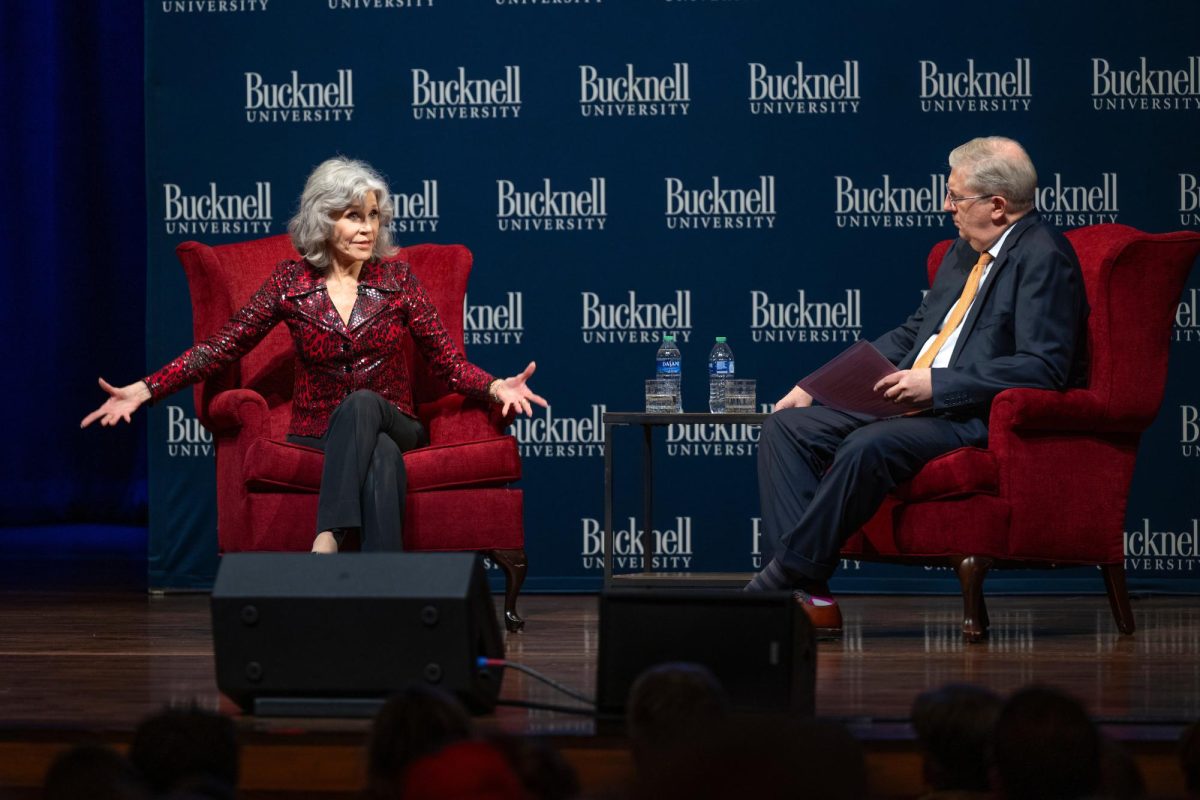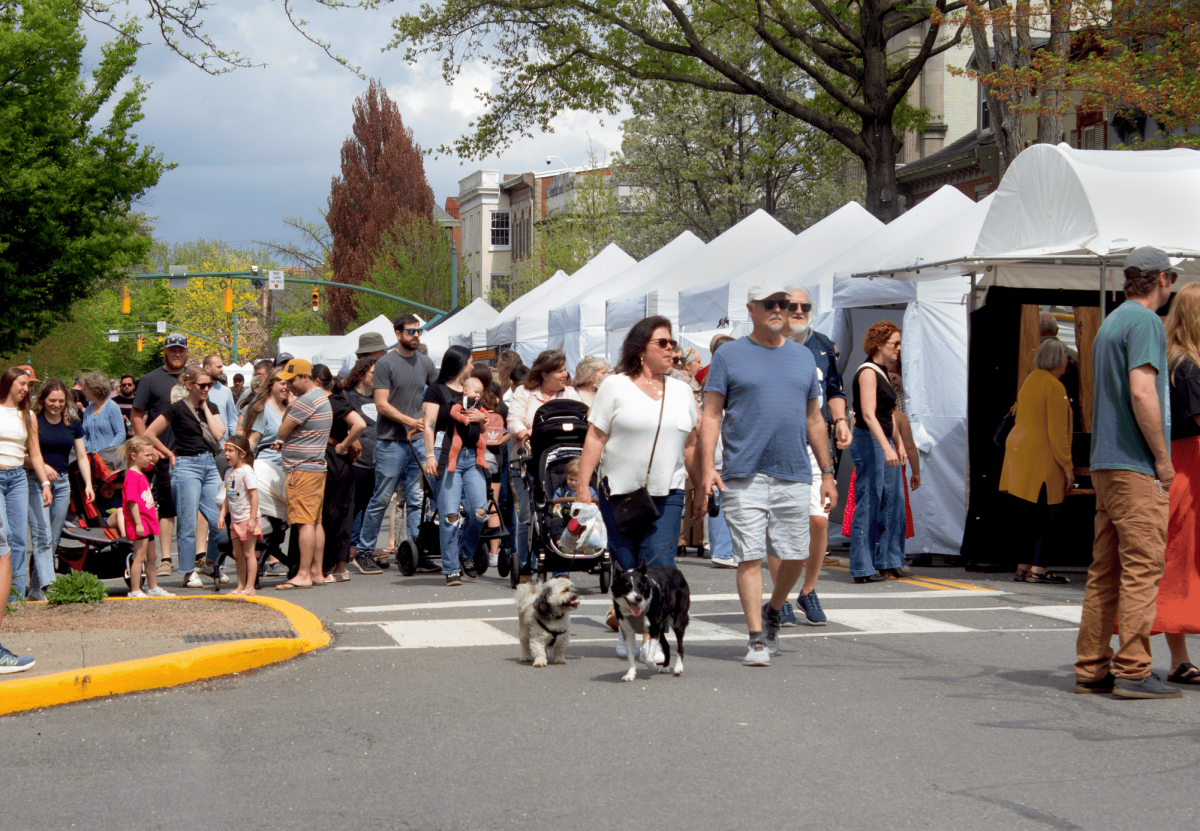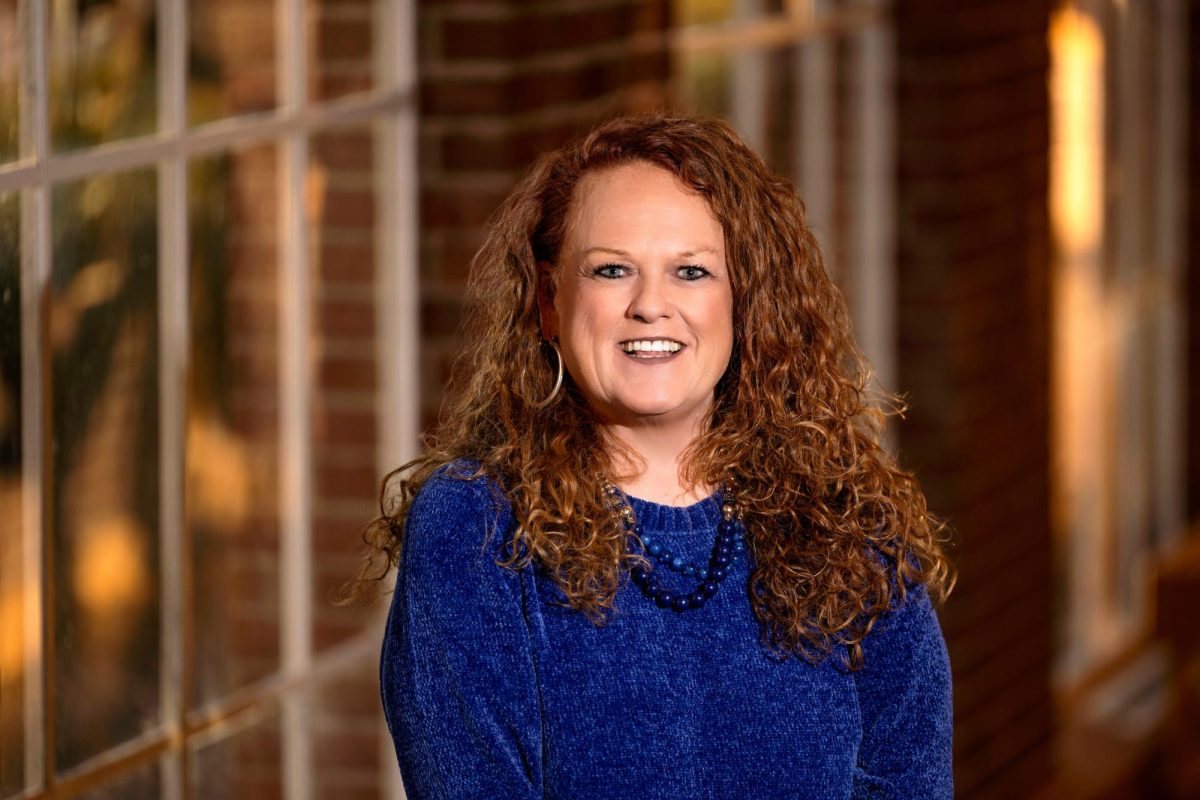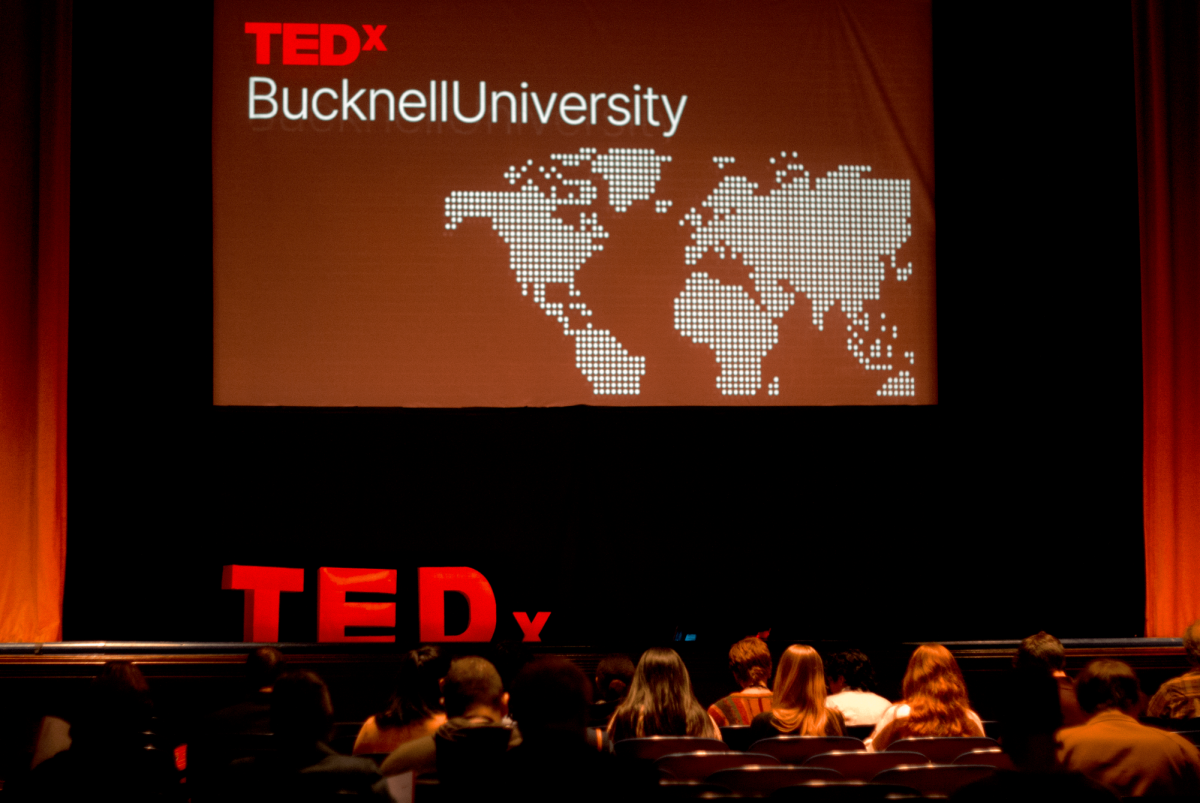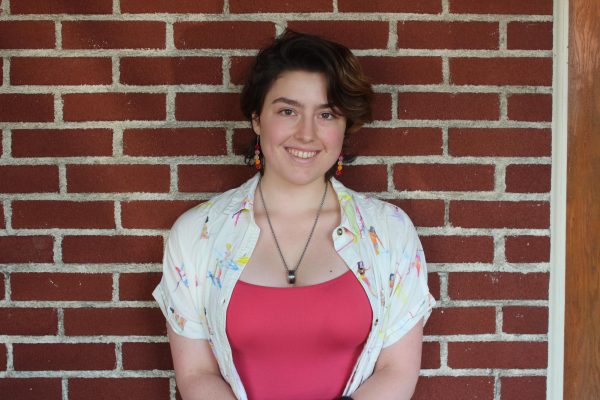A long history of activism and passion has guided actress Jane Fonda through the ups and downs of an ongoing career spanning over six decades. From her beginnings as a film star in the 1960s to her television work today, Fonda has always tried to utilize her voice for worthy causes— “I try not to use my platform unless I know there will be consequences. Otherwise, what is it for?” she said in conversion with Bucknell president John Bravman on March 19th, as the final Bucknell Forum speaker of the 2023-24 academic year.
Though her talk encompassed the entirety of her career and the various movements she’s fought for, Fonda first focused on her beginnings as an anti-Vietnam-war activist, setting the proverbial stage for the work that followed. She had no difficulty admitting that she was young and naive in many respects. As her first real activist effort, and one that had an international audience at that, Fonda had no reference for what she was walking into, but she also knew that she had the power to make a tangible difference.
Fonda flew to Vietnam in 1972, a date which, to the assembled audience of Bucknell students born no earlier than 2000, seemed rather obscure. But Fonda painted a clear picture of the country she arrived in: war-torn landscapes, suffering civilians and military bases and hospitals everywhere she turned. Fonda explained, “I went because Nixon was bombing the dikes in Northern Vietnam.” Dikes are long embankments built from earth that prevent flooding to a given area from the sea. Vietnam relies on them for protection during monsoon season, and, when Nixon began the bombings, monsoon season was just beginning. “I was against [the war] because American soldiers who’d fought in it convinced me it was…a bad war. Before that, I’d assumed any Americans were on the side of angels.”
The weeks Fonda spent in Vietnam opened her eyes to the reality of the chemical warfare and environmental tactics being deployed. She saw the effects of Agent Orange firsthand, and how the chemical was damaging both the people of Vietnam and the American soldiers on the ground there. Her final day in Vietnam was one she will remember and regret forever: a momentary lapse in judgment led to a photograph of her sitting on a North Vietnamese anti-aircraft gun. The image circulated in the American press, earning her backlash and vitriol that has continued to haunt her today.
“I was manipulated by the media,” Fonda admitted. Though she never intended for the photo of her on the NVA gun to be taken, much less distributed, the image enabled politicians and press to hound her for seemingly expressing anti-American and anti-serviceman sentiment.
Many, if not all, of Fonda’s championed causes have butted heads with the American government and Pentagon. But Fonda made it clear throughout her talk that she is proud to be an American and recognizes the privilege her birthplace has afforded her. At the end of it all, “I was okay because I live in America, and I am proud of that,” Fonda said.
These days, Fonda has shifted focus from anti-war to environmental activism. Having grown up in California in the 1940s and 50s, she became accustomed to being surrounded by nature and beauty—and now finds herself horrified to see what has become of the environment today.
In an effort to once again leverage her platform to influence public awareness and, hopefully, policy, Fonda established “Fire Drill Fridays.” She protested climate change and the government’s handling of it in Washington, D.C. every Friday in late 2019, and was arrested on consecutive Fridays for several weeks. With a bit of humor, Fonda described her decision to undertake this direct course of action, saying, “I’m old. What the hell do I have to lose? I’m going to put my all into it.”
As a result of her Fire Drill Fridays, Fonda turned 82 years old in jail. No bitterness accompanies that day for her, though—“[It was] really important, because it got a lot of press.” People paid attention to a movie star and pop-culture icon spending a birthday in jail as a result of her convictions. Fonda happily recounted the realization that many seemed to have: there is no reason to waste time debating climate change, when its effects are pressing, dangerous, and very real. According to Fonda, “thousands of other gray-haired ladies joined me,” and though Fire Drill Fridays have since been put on hold, Fonda remains proud of her organized protest.
“The way things are going, if you do things right, you may just end up in jail,” Fonda said, clarifying why she has experienced no moral struggle over getting herself arrested.
Constantly coming into contact with difficult topics and draining conflicts can take a toll on any activist. Fonda stressed optimism as a tool to counteract negative emotions and hopelessness. Optimism, as opposed to the inactive “hope,” is knowing that there can be setbacks, but working for change anyway. Optimism inspires hope, but without that foundation, there can be little progress.
Amongst all the conflict and protesting, Fonda also emphasized the importance of self-education. “The only times I’ve gotten in trouble that I cared about were when I didn’t know enough [about what I was advocating for]. Educate yourself.”
Jane Fonda was the final speaker for the Bucknell Forum’s “Freedom of Expression” series. Next year’s theme and speaker lineup have yet to be announced.



















